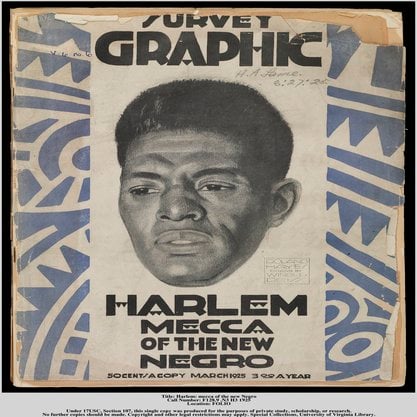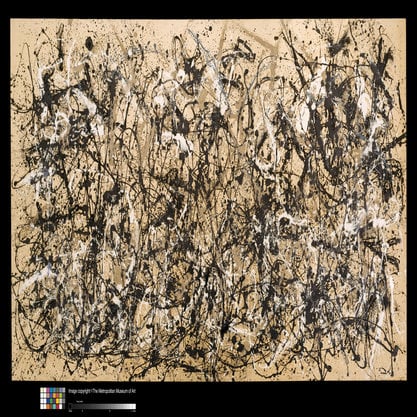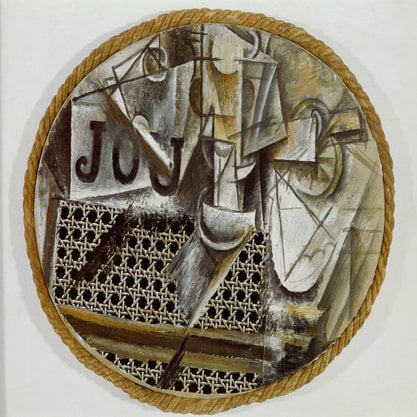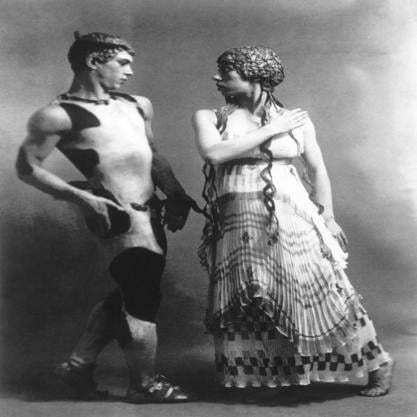Article
Barr, Alfred H. Jr. (1902–1981) By Guglielmo, Antoniette M.
Article
Alfred H. Barr, Jr. was an art historian and the founding director of the Museum of Modern Art (MoMA) in Manhattan, New York, from 1929 to 1943. Upon assuming his post at the museum in August 1929, Barr proceeded to establish the institution as America’s first and premiere museum devoted exclusively to modern art. His vision involved developing an intellectual foundation for the development of modern art and popularizing it for the public. As part of this work, Barr created new collection areas not previously conceptualized as part of an art museum, such as film and video, photography, architecture and design, and industrial art. Barr conceptualized a canon for the development of modern art and the origins of abstraction, diagramming it in the exhibition catalog Cubism and Abstract Art (1936). During his tenure, he organized more than 100 exhibitions largely focused on European modernism. Barr was dismissed as Director in 1943 by the chairperson of MoMA’s board of trustees, but stayed involved with MoMA in various capacities until 1968.




